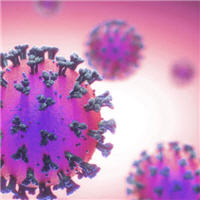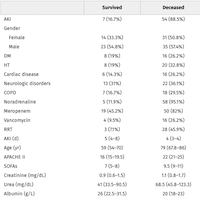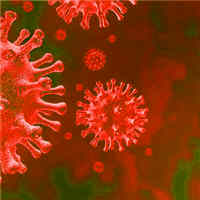Differential Dynamics of Peripheral Immune Responses to Acute COVID-19 Infection in Older Adults
nature.com
In this study, peripheral blood mononuclear cells from young and old patients with COVID-19 were examined phenotypically, transcriptionally and functionally to reveal age-, time- and severity-specific adaptations.
Gene signatures within memory B cells and plasmablasts correlated with reduced frequency of antigen-specific B cells and neutralizing antibodies in older patients with severe COVID-19.
Moreover, these patients exhibited exacerbated T cell lymphopenia, which correlated with lower plasma interleukin-2, and diminished antigen-specific T cell responses.
Single-cell RNA sequencing revealed augmented signatures of activation, exhaustion, cytotoxicity and type I interferon signaling in memory T and natural killer cells with age.
Although cytokine storm was evident in both age groups, older individuals exhibited elevated levels of myeloid cell recruiting factors.
Furthermore, we observed redistribution of monocyte and dendritic cell subsets and emergence of a suppressive phenotype with severe disease, which was reversed only in young patients over time.
This analysis provides new insights into the impact of aging on COVID-19.















